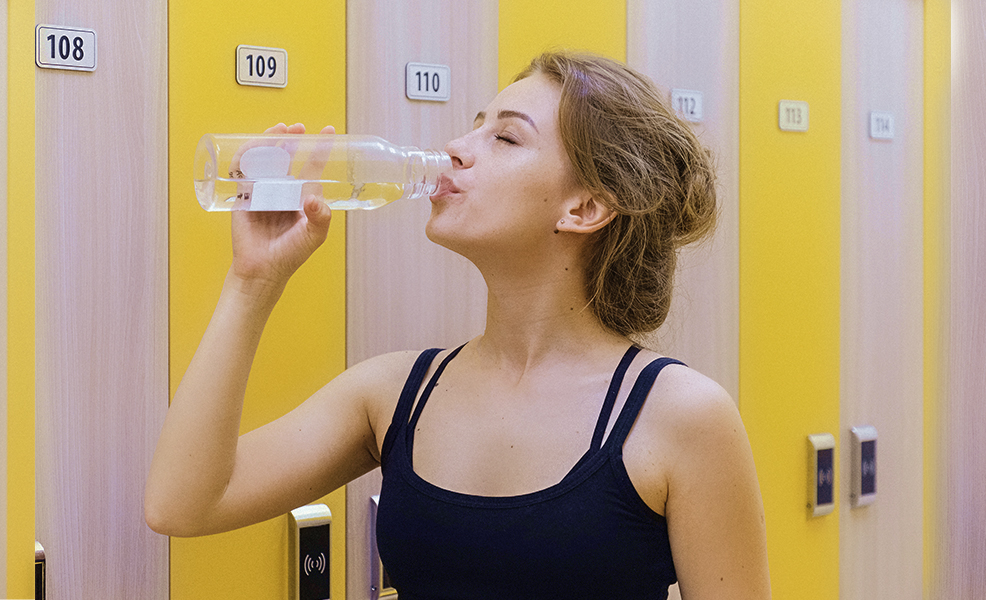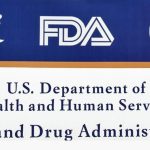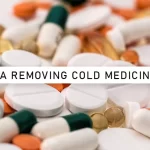Drinking too much water can cause serious harm
In our quest for precise fitness, we often pay attention to the importance of staying hydrated. Ingesting water is essential for maintaining bodily capabilities, supporting metabolism, and maintaining our pores and skin sparkling. But, like many things in lifestyles, stability is fundamental. Tremendously, it’s miles feasible to drink an excessive amount of water, leading to an unprecedented but probably deadly situation known as water intoxication or hyponatremia. In this text, we can delve into the dangers of overhydration and explore the tragic case of a lady who died from consuming an excessive amount of water.
Introduction: The Balancing Act of Hydration
Water is undeniably a critical issue of our well-being. It lubricates joints, transports nutrients, and regulates frame temperature. It’s no wonder that fitness professionals emphasize the importance of staying hydrated. But, the belief that greater water is usually higher is a false impression that can have critical consequences.
Understanding Hyponatremia: When Too Much is Harmful
Hyponatremia occurs whilst the balance of electrolytes to your frame is disrupted using immoderate water consumption. Sodium stages within the blood come to be dangerously diluted, leading to swelling of cells and capacity mind damage. Whilst this circumstance is rare, the dangers are real, as evidenced by using tragic cases like that of the lady who misplaced her lifestyle because of overhydration.
See also: American Heart Association CPR Card Lookup
The Case Study: Tragedy Strikes
In a heartbreaking incident that captured international interest, a younger woman lost her life after collaborating in a water-drinking contest. The competition urged members to drink as a whole lot water as feasible without urinating. Tragically, the woman’s efforts to win the competition caused a fatal drop in her blood sodium tiers, inflicting her mind swell and ensuing in her untimely death.
Signs and Symptoms of Water Intoxication
Recognizing the signs of water intoxication is vital. Early symptoms encompass nausea, headache, and confusion, which could quickly strengthen to seizures, coma, and loss of life if left untreated. It is essential to be aware of those symptoms, mainly when accomplishing activities that promote excessive water intake.
The Importance of Individual Variability
Anyone’s hydration needs are unique. Elements that include age, weight, interest degree, and basic health play a big function in figuring out how lots water a person requires. It’s essential to concentrate on your frame’s indicators in preference to adhering to a one-length-suits-all water intake advice.
Staying Hydrated Safely: Recommendations and Guidelines
Balancing hydration with electrolyte ranges is vital. The health government suggests a mean everyday water intake of approximately eight cups for adults, but this can range. Consuming a combination of water, hydrating ingredients, and liquids like natural teas can assist keep the most effective hydration levels without the risks associated with excessive water consumption.
Hydration for Athletes: Finding the Right Balance
Athletes are at an elevated chance of both dehydration and overhydration due to their intense training regimens. Finding the proper stability is critical for performance and health. Sports activities liquids containing electrolytes can be useful for the ones engaging in energetic physical pastimes.
The Role of Electrolytes in Hydration
Electrolytes, together with sodium, potassium, and magnesium, are crucial for preserving proper fluid stability inside the body. In cases of water intoxication, the dilution of these electrolytes can lead to critical imbalances. Incorporating electrolyte-rich foods and beverages can help prevent such issues.
Myth Buster: More Water ≠ Better Health
The idea that more water consumption leads to better health is a misconception. Our bodies are finely tuned to signals when we need fluids, and drinking beyond those signals can lead to harm. It’s important to prioritize balanced and mindful hydration over excessive intake.
When Water Intake Becomes Excessive: Psychological Factors
Certain psychological factors can contribute to excessive water consumption. Conditions like psychogenic polydipsia involve an abnormal increase in thirst and water intake. Identifying and addressing these underlying factors is crucial for preventing water intoxication.
Water Intoxication vs. Dehydration: Knowing the Difference
While water intoxication involves the overconsumption of water, dehydration is the opposite issue—insufficient water intake. Each condition can have excessive outcomes for fitness, underscoring the significance of striking the proper balance.
Beyond Water: Hydration-Rich Foods and Beverages
Hydration isn’t always solely about consuming water. Many ingredients and liquids, inclusive of culmination, greens, soups, and natural teas, make contributions to universal hydration. These options provide a mix of fluids and essential nutrients that support bodily functions.
See More: Charlie Woods Skin Condition
Listen to Your Body: Tuning into Thirst Cues
One of the only ways to live correctly hydrated is with the aid of paying attention to your body’s thirst alerts. Thirst is a reliable indicator of when you need fluids. Trusting your body’s cues and drinking accordingly can help you maintain a healthy hydration level.
Conclusion: Navigating the Waters of Hydration
Inside the pursuit of fitness, it’s crucial to strike stability in all matters, together with hydration. Ingesting water is essential, however, know-how your body’s needs and boundaries are equally critical. Water intoxication is a reminder that even well-intentioned moves can have severe effects. By staying knowledgeable, taking note of your body, and prioritizing mindful hydration, you may navigate the waters of health thoroughly and successfully.











